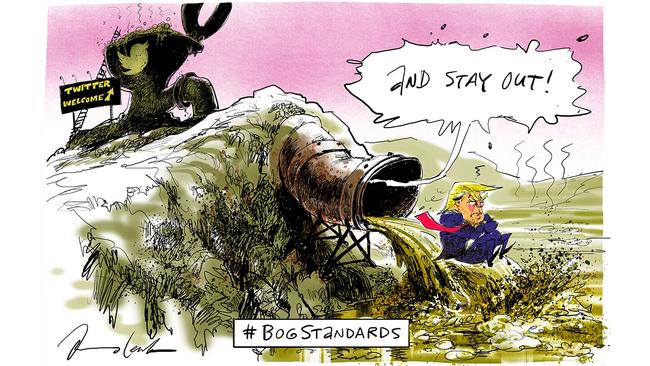
More than 50 police officers were hurt and one was killed in the storming. One officer fatally shot an unarmed female member of the mob.
In the wake of the riot, Big Tech companies including Twitter, Facebook, Amazon and Apple have mobilised to quash insurrectionist activity on their platforms. For breaching Twitter’s “Glorification of Violence” policy, Trump has been given a permanent suspension from its service.
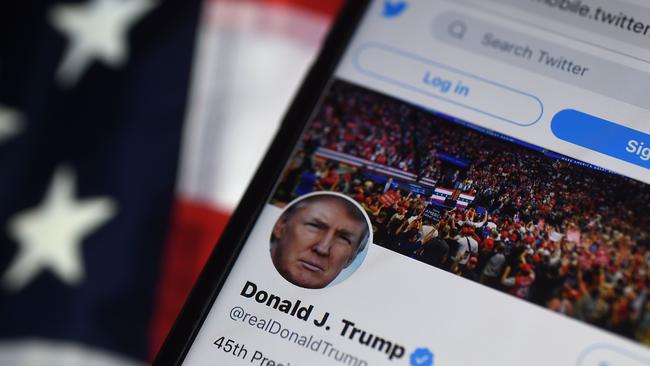
The two incriminating tweets that led to the suspension include the following, on January 8, 2021:
“The 75,000,000 great American Patriots who voted for me, AMERICA FIRST, and MAKE AMERICA GREAT AGAIN, will have a GIANT VOICE long into the future. They will not be disrespected or treated unfairly in any way, shape or form!!!”
And: “To all of those who have asked, I will not be going to the Inauguration on January 20th.”
The reasoning that Twitter has provided for the permanent suspension appears to be based on evidence that Trump’s supporters were using these two tweets in their planning of further violence.
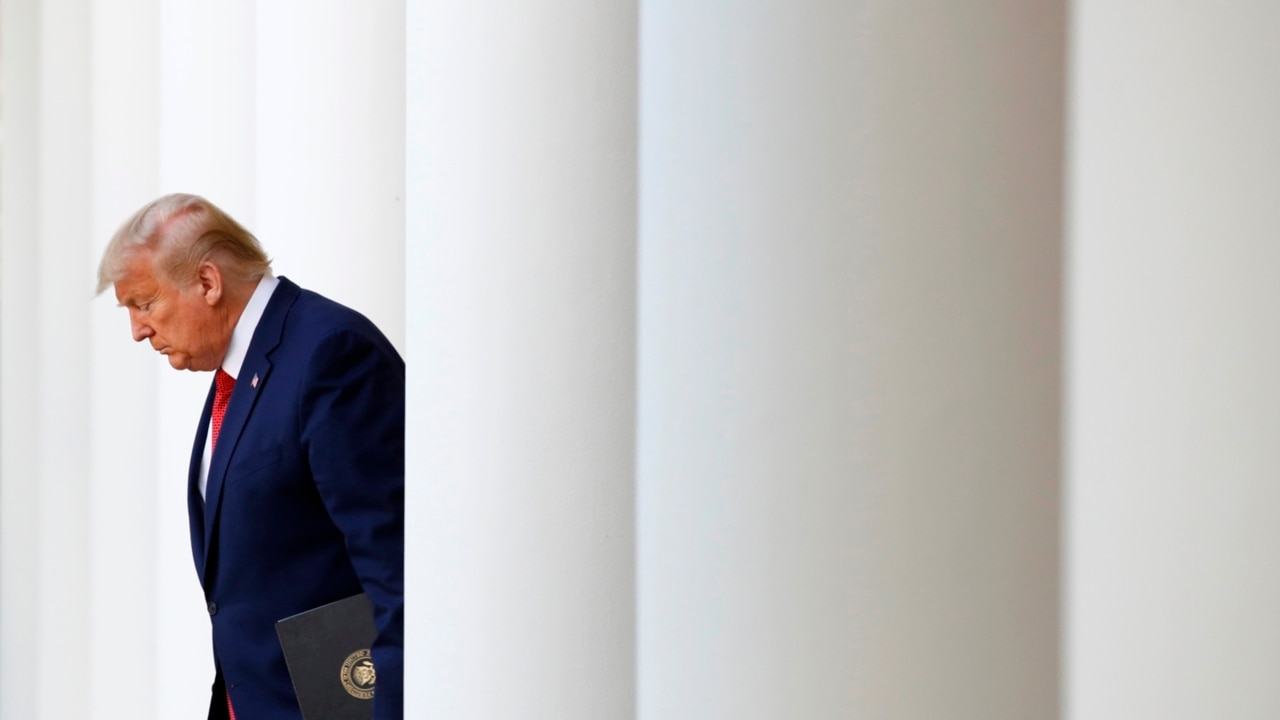
Twitter’s press release stated: “Plans for future armed protests have already begun proliferating on and off Twitter, including a proposed secondary attack on the US Capitol and state capitol buildings on January 17, 2021.”
A day later, social media platform Parler, which is popular among American right-wingers, was banned from Apple’s app store and then swiftly removed from Amazon’s website-hosting service, AWS.
In addition to the social media bans, the Trump Organisation press email appears to be defunct, and its Shopify account has been taken down.
Almost all avenues of communication and commerce available to Donald Trump have been removed, virtually overnight.

Trump’s permanent suspension may well be supportable from a national security point of view, if these companies, in concert with US law enforcement, have credible evidence of further political violence. Yet the co-ordinated movement of these companies and their swift removal of Trump’s presence on the internet has chilled observers around the globe.
Mexican President Andres Manuel Lopez Obrador, a “combative leftist”, decried the move by tech companies. “I don’t like censorship,” he told reporters. “I don’t like anyone to be censored and for them to have their right taken away to send a message on Twitter or on Facebook.”
Alexei Navalny, the Russian opposition leader who was poisoned with nerve agent just last year, has made the observation that “this precedent will be exploited by the enemies of freedom of speech around the world”, and that “of course, Twitter is a private company, but we have seen many examples in Russia and China of such private companies becoming the state’s best friends and the enablers when it comes to censorship”.
America – and the world – now faces the 21st century equivalent of the railroad problem. Railroads of the 19th century were the industrial world’s first monopoly, and legislation that was passed in the 1880s became the world’s first anti-monopoly laws. Big Tech companies have essentially built the railroads on which 21st century international communication and commerce operate. With the flick of a switch they can determine whether an individual (or group) can participate in the global marketplace.
It is a mistake to think that these private companies act with any coherent ethical framework in mind. While Apple has just banned Parler from its app store for violating its app store user terms, the company has also lobbied to water down provisions in a recent bill aimed at preventing forced labour in China. Similarly, Twitter allows Iran’s Ayatollah Imam Sayyid Ali Khamenei to tweet repeatedly about Israel being a “malignant cancerous tumour” that has to be “removed and eradicated”.
Other threats of violence are commonplace.
When the US experienced its “race reckoning” of 2020 following the death of George Floyd – a reckoning that led to widespread rioting, billions of dollars worth of property damage and an estimated 25 deaths – there was no crackdown on accounts that encouraged looting, property damage or arson.
It is domestic political pressure that has led to the swift and permanent suspension of Donald Trump. And it is domestic political pressure that has led Amazon to remove Parler from its website-hosting service. In the absence of regulation that would help tech companies make decisions with transparency, and an appeals process, tech CEOs respond to public outcry with ad hoc censorship.
Tech platforms have unleashed powers that have started to become unwieldy and beyond the control of their masters.
No chief executive wants to have the responsibility of having to mitigate imminent political violence. But Americans, and the world, should not burden them with this responsibility. It is time for the era of unregulated monopolistic tech platforms to come to a close.
Claire Lehmann is editor-in-chief of the Quillette platform for free thought.


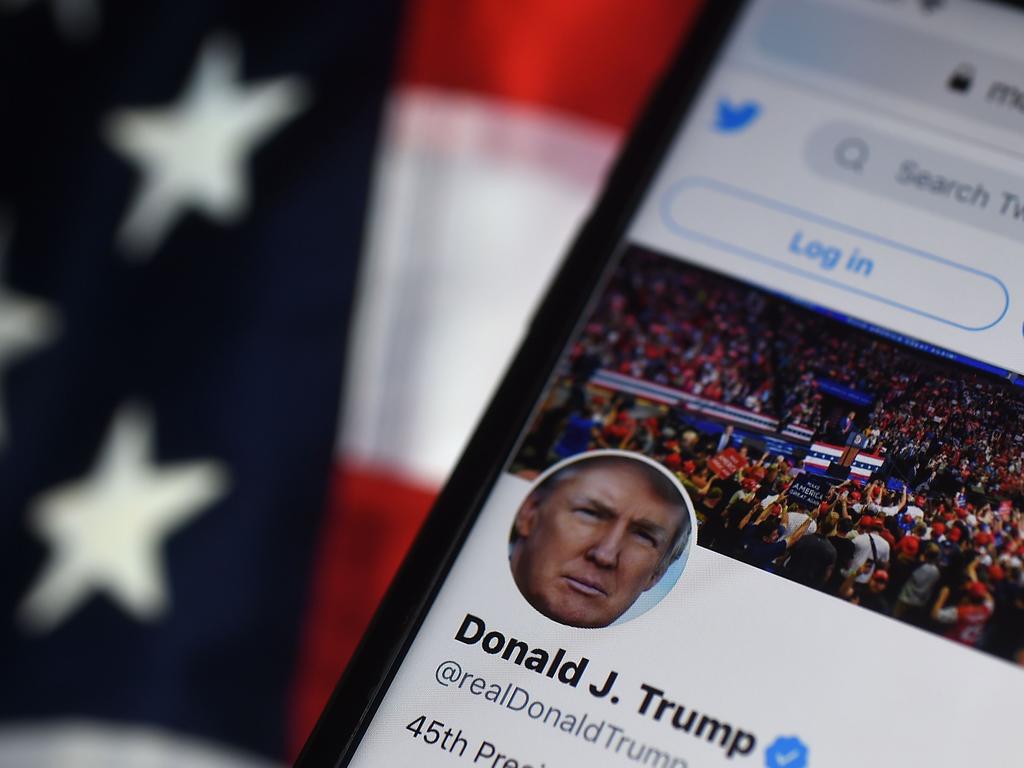
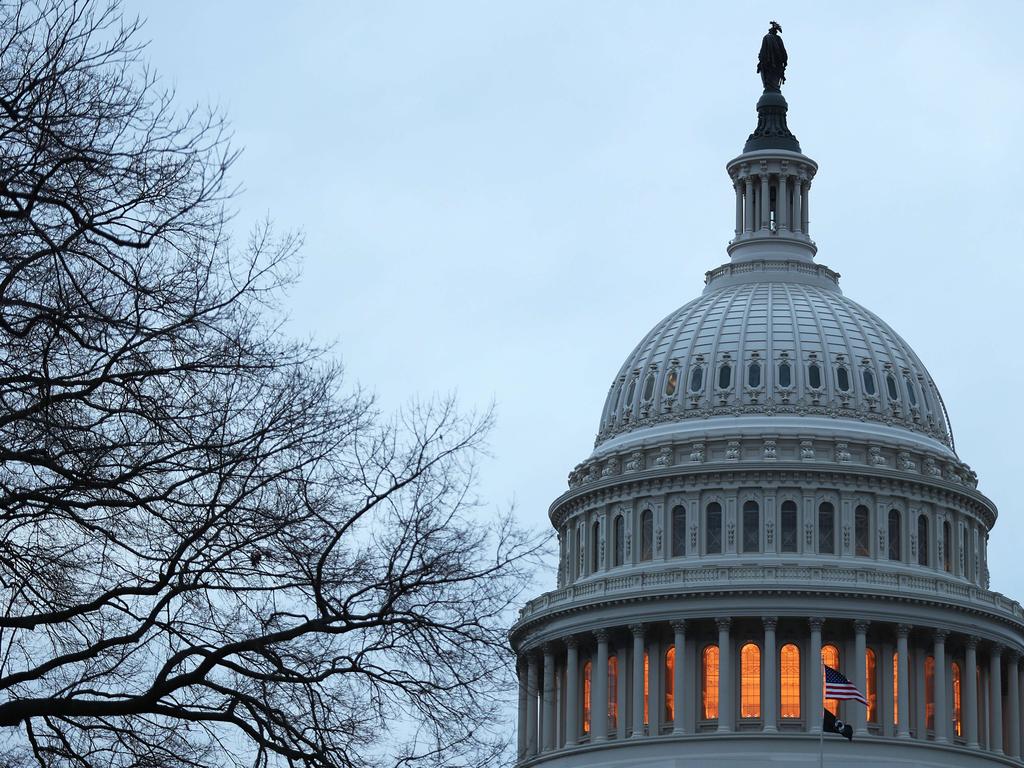
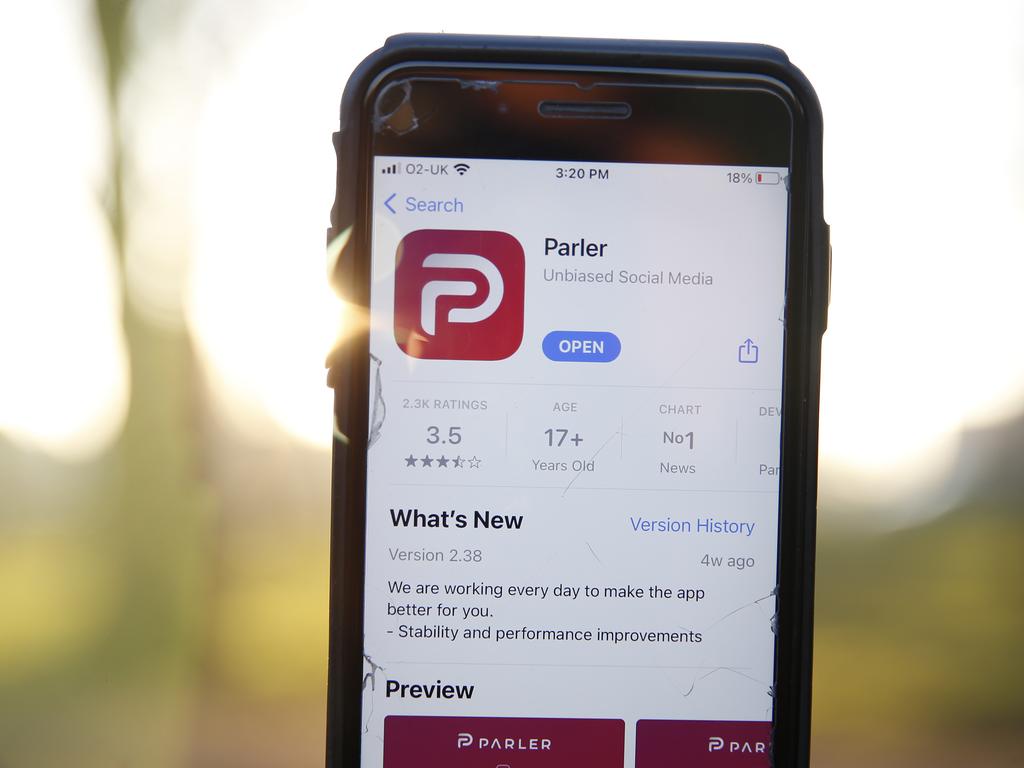


On January 6, a violent mob inspired by US President Donald Trump and his claims that the 2020 election was stolen from him stormed the US Capitol, smashing windows, pummelling police and chanting “Hang Mike Pence”.